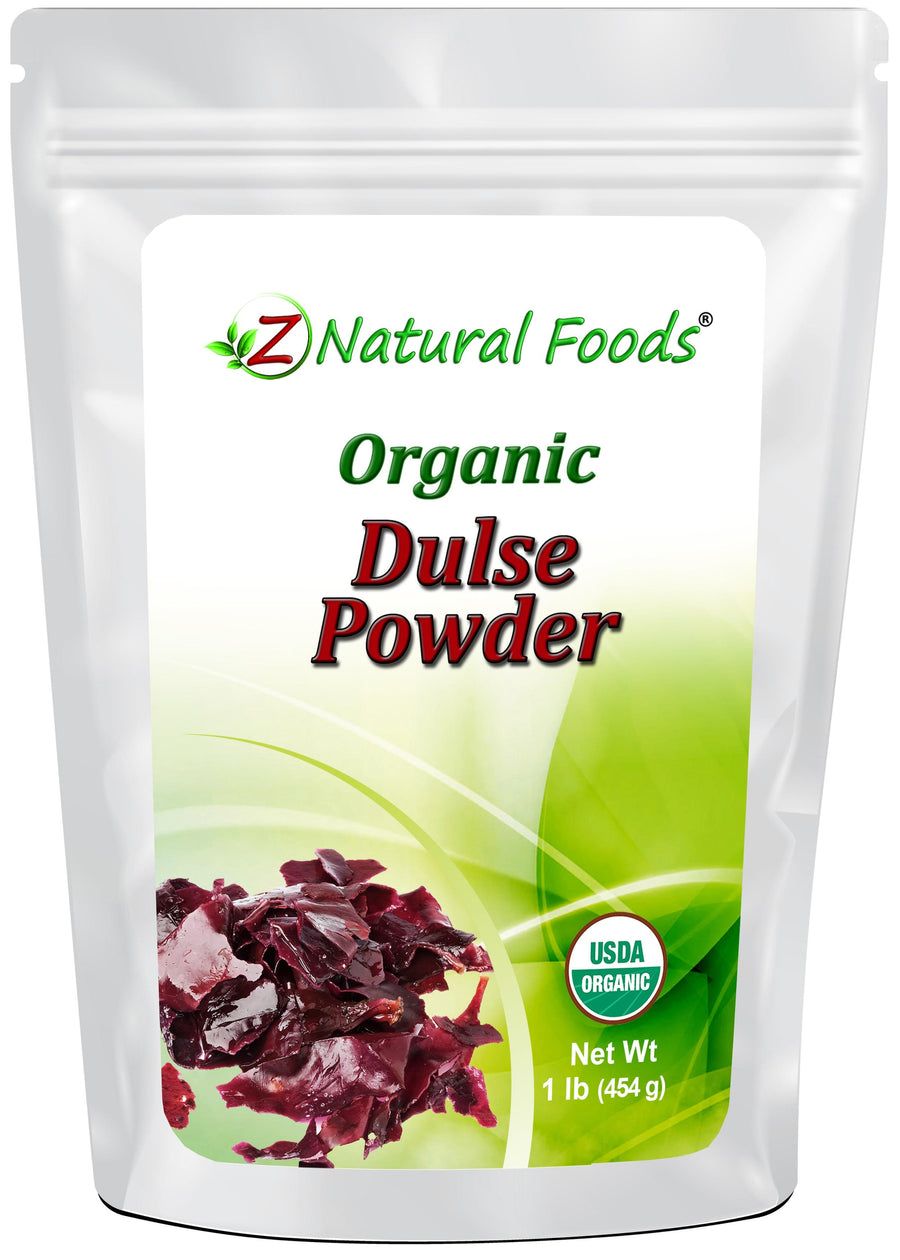In the world of diets, the all-meat diet has become a subject of curiosity and controversy. Also known as the carnivore diet, this nutritional approach goes against the grain by advocating for a diet exclusively composed of animal products. In this short article, we’ll take a quick look at what the all-meat diet entails, its potential benefits, and the debates surrounding its adoption. Whether you’re a seasoned nutrition enthusiast or just curious about the latest dietary trends, let’s unravel the basics of the all-meat diet together.
What is the all-meat diet?
The All-Meat Diet, or the carnivore diet, is a highly restrictive eating plan that exclusively includes meat, fish, and certain animal products such as eggs and select dairy items. This diet explicitly excludes all other food categories, such as fruits, vegetables, legumes, grains, nuts, and seeds.
Adherents of the All-Meat Diet advocate for eliminating or reducing dairy consumption, with a preference for low-lactose options like butter and hard cheeses. The underlying philosophy of this diet traces back to the controversial belief that ancestral human populations primarily consumed meat and fish and attributes modern chronic diseases to high-carbohydrate diets.
Dr. Shawn Baker, a prominent supporter of the carnivore diet and an American orthopedic doctor, often highlights anecdotal evidence from followers claiming positive outcomes such as improved mental health, weight loss, and relief from conditions like depression, anxiety, arthritis, and diabetes.
Because of these testimonials, I would like to point out that no controlled studies have been conducted to analyze the carnivore diet’s effects rigorously. A study associated with Baker, relying on self-reported data from diet followers, lacks objective measures and raises concerns among nutrition experts. Notably, the study’s findings lack verifiability, cautioning against definitive interpretations.
Additionally, it is worth mentioning that Dr. Shawn Baker faced professional challenges in 2017 when the New Mexico Medical Board revoked his medical license due to competency concerns. While his license was reinstated in 2019, it came with a stipulation for direct supervision during medical practice. This information adds a layer of context to consider when evaluating the credibility of the diet’s proponents.
How to Adopt the Carnivore Diet
To start the carnivore diet, one must exclude all plant-based foods and focus solely on consuming meat, fish, eggs, and limited quantities of low-lactose dairy products.
Permissible food options encompass beef, chicken, pork, lamb, turkey, organ meats, salmon, sardines, white fish, and modest portions of heavy cream and hard cheese. Butter, lard, and bone marrow are also permitted.
Advocates of the diet stress the importance of incorporating fatty cuts of meat into one’s daily consumption to meet energy requirements.
While on the carnivore diet, individuals are encouraged to hydrate with water and bone broth, with a discouragement of tea, coffee, and other plant-based beverages.
Notably, carnivore diet plans may lack specific guidance on calorie intake, serving sizes, or meal frequency. Most proponents suggest eating according to personal appetite without strict prescriptions on these details.
In summary, the carnivore diet entails the exclusive consumption of meat, fish, and animal products, with limited information on calorie management, serving sizes, and meal timing.
Benefits and risks of carnivore diet
The carnivore diet, which involves consuming only animal products and excluding plant foods, has proponents who claim various benefits. However, it’s important to note that the scientific evidence supporting these claims is limited, and potential risks and side effects should be considered.
Potential Benefits
- Weight Loss: Some individuals report weight loss on the carnivore diet, which may be attributed to reduced calorie intake and increased satiety from protein-rich foods.
- Simplicity: The diet is straightforward and eliminates the need for complex meal planning involving a variety of foods.
- Nutrient Density: Animal products are rich in essential nutrients such as protein, vitamins, and minerals.
- Digestive Issues: For some people with digestive issues or autoimmune conditions, eliminating certain plant foods may alleviate symptoms.
Potential Risks and Side Effects
- Nutrient Deficiencies: Excluding plant foods may lead to deficiencies in certain vitamins, minerals, and fiber abundant in fruits and vegetables.
- Digestive Discomfort: Some individuals may experience constipation or other digestive issues due to the lack of fiber in the diet.
- Long-Term Health Risks: The long-term health effects of the carnivore diet are not well-studied, and potential risks, especially in heart health and bone health, are unclear.
- Lack of Fiber: The absence of fiber from plant foods may negatively impact gut health and increase the risk of certain diseases.
- Sustainability: The environmental impact of a diet based solely on animal products is a concern, as plant-based diets are generally considered more sustainable.
- Cholesterol Levels: Some studies suggest high red and processed meat consumption may be associated with increased cholesterol levels and cardiovascular risk.
- Lack of Variety: The restrictive diet may lead to monotony and a lack of dietary variety, potentially limiting exposure to various nutrients.
Does science back the all-meat diet?
The all-meat or carnivore diet, characterized by the exclusive consumption of animal products and the exclusion of plant-based foods, has been associated with reported benefits and potential risks. Proponents suggest that adherents may experience weight loss due to reduced carbohydrate intake, leading to lower insulin levels and increased fat burning.
This article focuses on a meta-analysis comparing the effects of low-carbohydrate diets (≤45% of energy from carbohydrates) versus low-fat diets (≤30% of energy from fat) on metabolic risk factors.
Additionally, some individuals find the simplicity of the diet appealing, as it involves consuming meat, fish, and animal fats exclusively. Some proponents also claim improved mental clarity and focus while following the carnivore diet. However, it’s crucial to note that scientific evidence supporting these claims is limited, and individual responses to the diet can vary widely.
Despite reported benefits, concerns and potential risks are associated with the all-meat diet. Excluding plant-based foods may lead to nutrient deficiencies, particularly in essential vitamins, minerals, and fiber abundant in fruits and vegetables.
The absence of dietary fiber from plant sources could impact digestive health, potentially leading to constipation. Moreover, the high consumption of red and processed meats, a key component of the carnivore diet, has been linked to an increased risk of chronic diseases, including heart disease and certain cancers.
Conclusion
As we wrap up our exploration of the all-meat diet, it’s evident that this carnivorous lifestyle has stirred the pot of dietary discussions. While some swear by its potential benefits, others approach cautiously, mindful of potential nutritional gaps. The all-meat diet, emphasizing animal products and excluding plant-based foods, continues to captivate interest, challenging conventional notions of balanced nutrition.
Whether one sees it as a radical departure or a bold experiment, the all-meat diet underscores the diversity in approaches to health and wellness. As with any dietary choice, individuals must consider their unique needs, consult with healthcare professionals, and make informed decisions.

